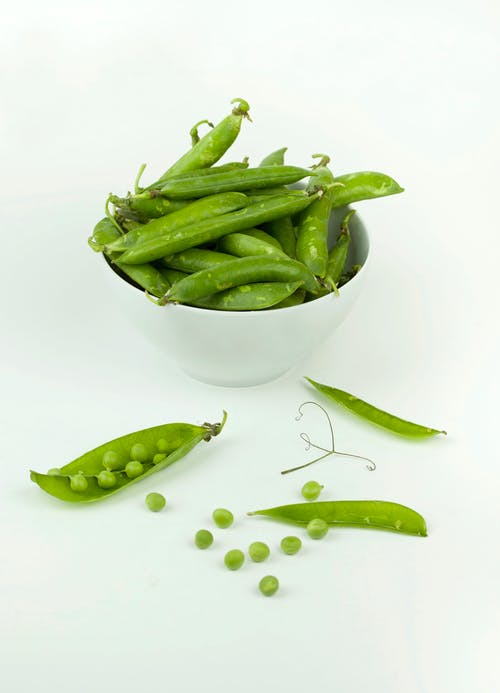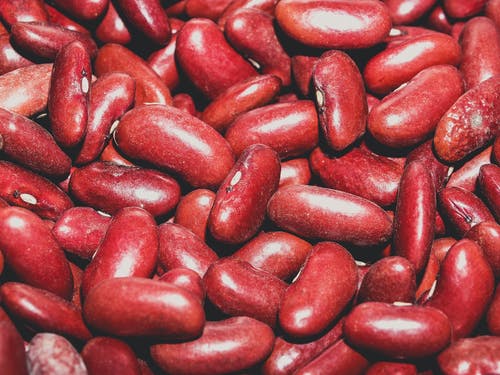Like peas, beans are also a mature form of legumes and one of the healthiest vegetables. They involve; pinto beans, kidney beans, lima beans, and garbanzo beans (chickpeas). Now a days in a big retail store it can be found in dry, canned, or frozen area. These foods are excellent sources of plant-based protein, and also offer other nutrients like potassium, magnesium, iron and zinc.

They are also considered as vegetarian alternatives for meat and even a part of the Vegetable Group as they are also an outstanding source of dietary fiber and nutrients like folate and iron.
What are beans?
Beans are renowned as pod-borne seeds of leguminous plants. In this list, it does not include lupins, lentils, peanuts, and particular other kinds of legumes. They are cultivated for hundreds of years. Today, beans are one of the essential sources of food worldwide.
Nutritional profiles vary in a different form of beans. But, as an example, 1 cup (170 g) of boiled kidney beans provides;

- Protein: 14 g
- Fat: 1 g
- Carbs: 40 g
- Fiber: 20 g
- Iron: 30% of the Daily Value (DV)
- Calcium: 7% of the DV
- Magnesium: 20% of the DV
- Potassium: 20% of the DV
- Phosphorous: 24% of the DV
- Folate: 75% of the DV
Beans also consist of a decent amount of copper, zinc, selenium, manganese and vitamins B1, B6, E, and K. With only 240 calories per cup (170grams), kidney beans are the most nutrient-dense food worldwide. Other than kidney beans, many different varieties of beans are also suitable for health like pinto beans etc.
Beans are famous because of their rich protein content. That is why; they are taken as a protein source for vegetarians.
Health Benefits of Beans
Diabetes and glucose metabolism
Beans can help regulate or stabilize blood glucose levels or even minimize the risk of diabetes. They are rich in dietary fibre that can help reduce blood glucose. According to a recent study, eating high fibre foods can significantly reduce the risk of type-2 diabetes. It can also lower blood sugar in individuals suffering from high blood sugar level.
Including a cup of legumes to the daily meal of people with type 2 diabetes can also show the best effect. It offers a decrease in blood sugar levels and reduces blood pressures in the people who consume beans on a daily basis.
Boosts Your Heart Health
Like minimizing blood sugar, if you are eating kidney beans daily can also improve your heart health. Eating them can reduce LDL “bad” cholesterol and boost the right cholesterol level. You can eat salad prepared from beets, beans, or leafy green vegetable.
Great Source of Iron
The human body utilizes iron to make blood proteins (haemoglobin and myoglobin) that help move oxygen around the body. It is also a primary nutrient for your hormones or connective tissue such as tendons or ligaments. So, if you want to fulfill the iron requirements of your body, then you should go for the beans and add them to your diet. You can try soybeans because a cup of soybeans contains nearly 10 milligrams of iron content.
Improving gut health
Different forms of beans, particularly black beans, can increase gut health by promoting intestinal barrier function and boosting the strength of friendly bacteria. It prevents gut-linked health diseases.
Friendly gut bacteria support your natural defense system or immune system function and improve weight loss.
Keeps You at a Healthy Weight
If you eat a variety of beans regularly, you are more likely to have healthy body weight, slimmer-waist, and a reduced body mass index (BMI). Obese males by eating beans can lose more weight with beans as their top protein source. Without hesitation, you should try any form of beans and make your life worth living.
